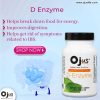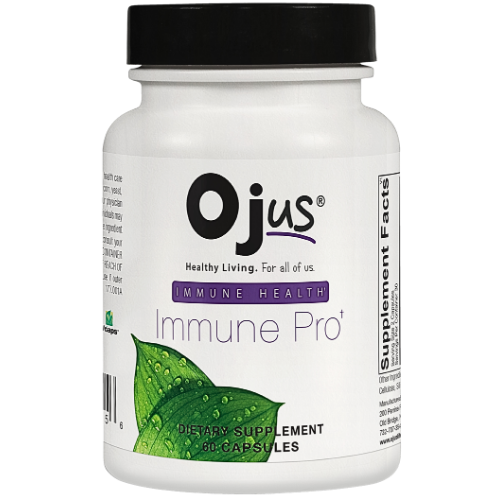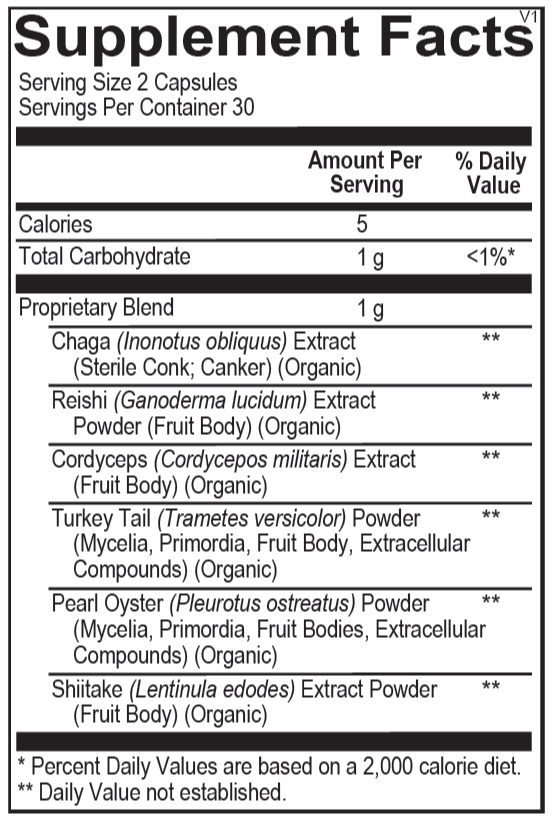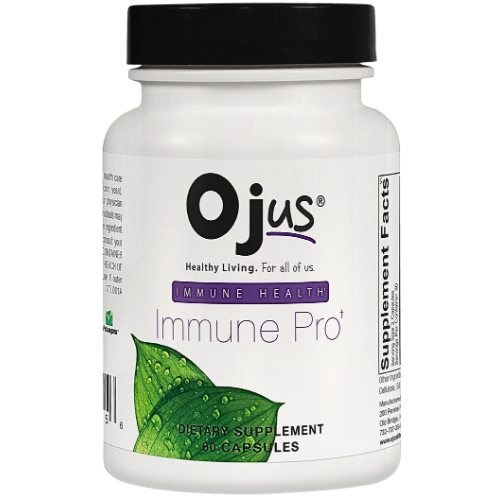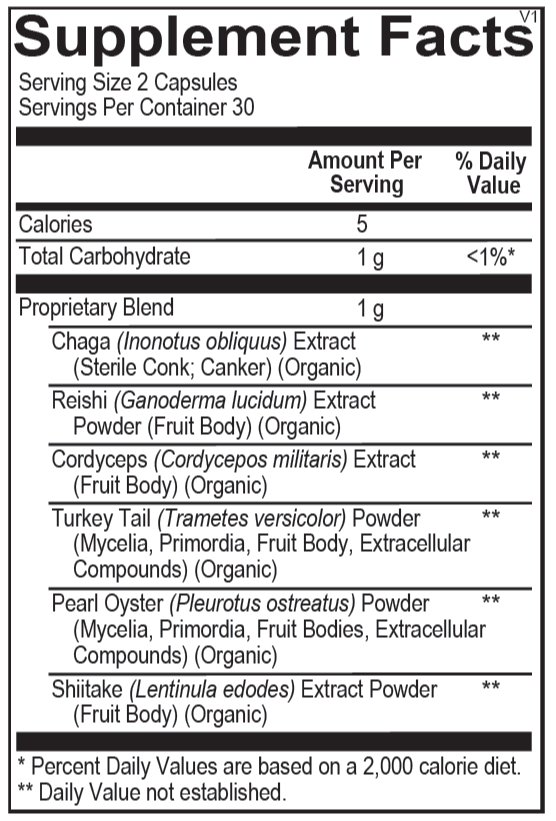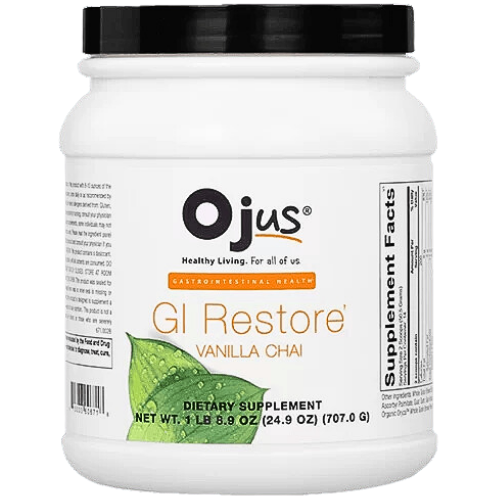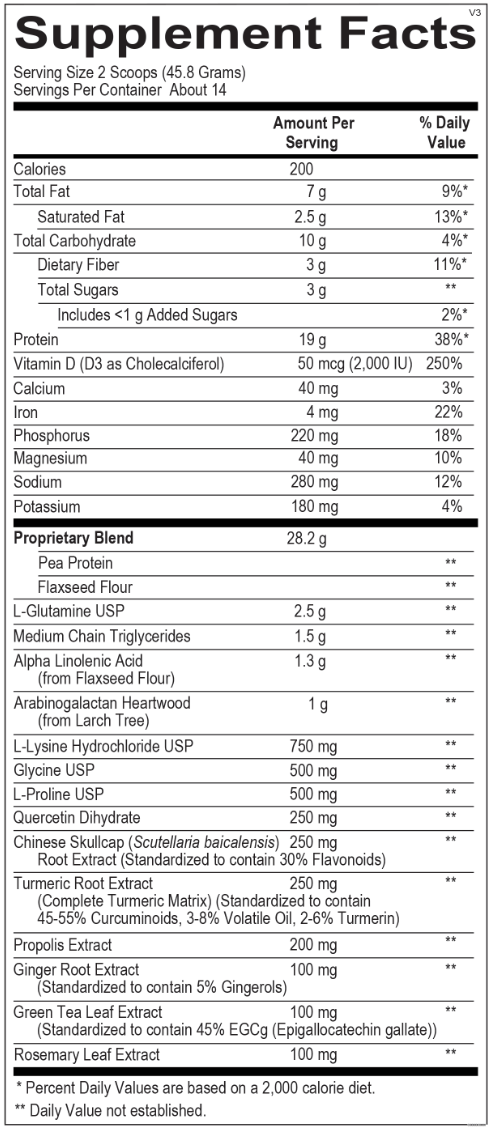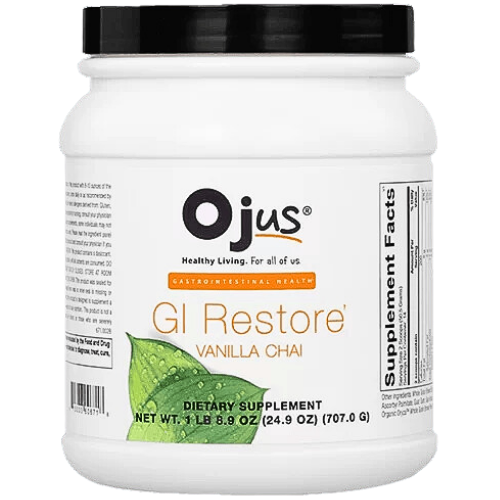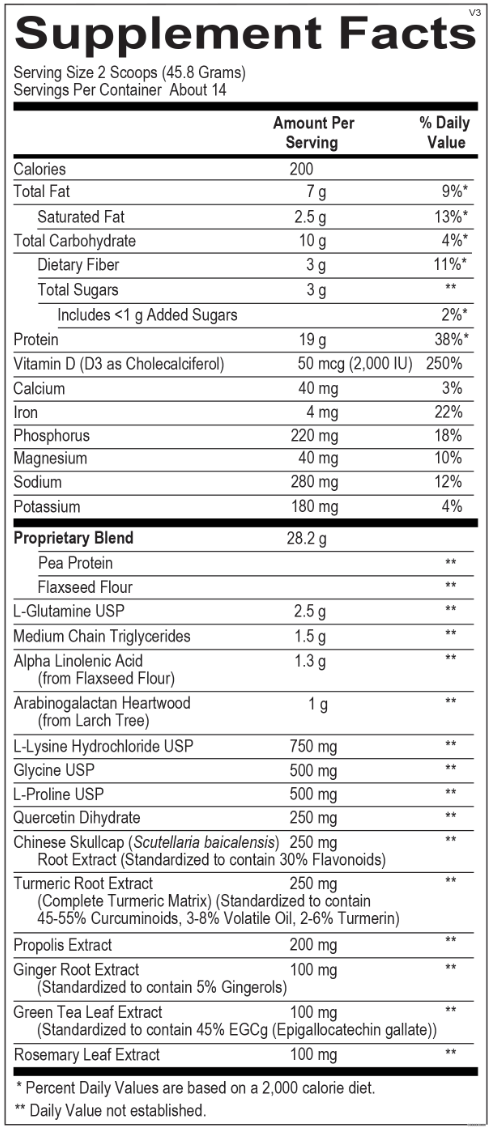
When to Take Digestive Enzymes?
Dr Anita Nischal| Have you ever heard about Hemicellulose, Pectinase & Xylanase? No, these are not Harry Potter characters or some magic terms – they are enzymes, DIGESTIVE ENZYMES! |
These best digestive enzymes may sound outlandish to you, but there is no doubt that these tiny substances act as the superheroes for your Gut. Also, the deficiency of these digestive enzymes in your body can be noticed quickly.
Have you ever experienced chronic digestive problems like gas, indigestion, bloating, or constipation? Have you suffered from reflux after a meal? If so, then your body may not be fabricating sufficient digestive enzymes, or your digestive enzymes may not be operating as they should.
So, before moving ahead with digestive enzyme supplements, when to take digestive enzyme supplements? Let’s understand the concept of digestive enzymes, the causes of enzyme deficiency, benefits and side-effects of the same.
What are Digestive Enzymes?
From your salivary glands to your small intestine, the digestive enzymes are the microscopic components of proteins detained together through amino acids and support your body to cater to nutrient’s needs from food.
We eat food, but our digestive system does not captivate that food, it grips nutrients. The food we eat has to be broken down from complex to its simplest nutrient counterparts.
Like amino acids are produced from proteins, fatty acids and cholesterol are made from fats, and sugars from carbohydrates. Digestive enzymes are mainly produced in the pancreas and small intestine.
If your body is not producing sufficient natural digestive enzymes, then digestive enzymes supplements are a prodigious way to keep things in squared.
D-Enzymes provided by Ojus is considered one of the best digestive enzyme supplements. At Ojus, our product development experts frame herbal, plant-based, high-quality enzyme supplements that you will find in stores and online. Our product can help prevent digestive issues and promote digestion and better gut health.
What are the four main Digestive Enzymes?
Enzymes primary produced by the pancreas and the main digestive enzymes are:
- Amylases: It breaks down starches (compound carbohydrates)
- Lipases: This enzyme breaks down fats
- Proteases and Peptidases: These two digestive enzymes are responsible for breaking down proteins.
Apart from these four main digestive enzymes, there are many enzymes positioned near the lining of the small intestine (the brush border). Among them, mostly break down disaccharides into simple sugars, which later on absorbed from the intestines into the bloodstream.
8 Benefits of Digestive Enzymes
There are profuse of benefits of digestive enzymes which are included as follows:
- Improved Nutrient Absorption- Having the appropriate digestive enzymes in your body means you will get more out of the food you eat!
- Condensed IBS Symptoms- If food is not being properly deconstructed then bacteria in your gut can start to feed on it, which can lead to bloating, gas, cramps, diarrhea and other typical IBS symptoms.
- Clearer Skin- When you are not getting the suitable nutrients you require or experiencing inflammation inside your body, it will show up on your skin in the forms of pimples.
- Less Chronic Fatigue & Pain- Inflammation is frequently at the origin of pain problems. Effects like headaches and migraines can be connected to inflammation in your gut, which in turn can be related to an absence of nutrients.
- Fights Anxiety– Good gut health can have an enormous upshot on anxiety and can benefit counter inflammation-born problems in your nervous system, such as depression and sleep disorder etc.
- Better Mental Focus– Things like serotonin and dopamine are 90% created in our digestive tract.
- Constraints Autoimmune Disease- Leaky gut Syndrome activate autoimmune retorts in the body and can create more serious problems.
- Methylation- Methylation is a biochemical procedure that states the vigorous cell division and production in our DNA and responsible for all categories of responses in our bodies. So, an overgrowth of bacteria or the absence of this bacteria, makes it harder for vitamins to be absorbed.
How & When to take Digestive Enzymes?
- You should always take digestive enzymes supplements with food. It is suggested to have something to eat first or slightly before taking supplements.
- It is vital to take enzymes as directed. In several occurrences, supplements should be taken in grouping with certain foods to achieve their projected function correctly. For example- Lactase supplements contain the enzymes that digest milk sugars, so they should be taken with dairy products only.
- To regulate when to take a digestive enzyme supplement, check to the instruction label of the product.
- Also, check the correct dosage, which will vary grounded on the type and strength of the enzyme supplement. If you are uncertain or have any queries, ask your pharmacist or nutritionist.
Side Effects of Digestive Enzymes
Taking a digestive enzyme supplement if you don’t have an explicit deficiency can generate the very symptoms you are trying to avoid like nausea, bloating, and diarrhea.
In some cases, allergic reactions can also be seen such as itching, rash etc. If these symptoms occur, stop taking the digestive enzyme supplements, and take medical attention immediately.
But even if the digestive enzyme supplements do recover your digestion, it’s a good idea to inform your doctor that you are using them, particularly if you are consuming them in series and regular note.
Foods that Contain Natural Digestive Enzymes
Eating foods that are high in natural digestive enzymes can benefit you in improving digestion and keeping your gut healthy. Some of natural digestive enzymes foods are:
- Pineapple- Contain digestive enzymes called bromelain, which break down protein into its building blocks, counting amino acids.
- Papayas- Comprise proteases that support digest proteins. A group of proteases known as papain.
- Honey- Honey includes digestive enzymes like Diastases, Amylases, Invertases and Proteases.
- Kefir- Kefir “grains” to milk, which is essentially cultures of yeast, lactic acid bacteria and acetic acid. Digestive enzymes, including lipase, proteases and lactase.
- Kimchi- Kimchi comprises bacteria of the Bacillus species, which yield proteases, lipases and amylases and these enzymes digest proteins, fats and carbs.
- Ginger- Ginger encompasses the protease zingibain, which digests proteins into their building blocks.
Apart from these, foods that contain natural digestive enzymes are also Banana, Mango, Kiwi, and Avocados.
What do Digestive Enzymes do for you?
If your food is not appropriately digested and absorbed in your small intestines, it can result in malnourishment. Not adequate nutrients being absorbed by your body will be the sole reason for this.
Furthermore, if the undigested food voyages through the digestive area, it delivers food for the “bad” bacteria, triggering gas and bloating.
The amount and kind of undigested food that spreads the large intestine may have a significant influence on the poise of good and bad bacteria in the colon.
Related Posts
- How To Overcome Leaky Gut Syndrome?
- Know About Small Intestinal Bacterial Overgrowth (SIBO)
- How To Improve Gut Health Naturally?
Final Words
If you are experiencing chronic digestive issues like cramping, bloating, or gas, it is suggested to take the best digestive enzymes.
Digestive enzymes are not meant to be an enduring part of your routine; so, once your body has become healthier from chronic issues and your gut can yield a better number of enzymes naturally, you can switch to consume less.
Just listen to your body and talk to a doctor to find out what digestive enzymes do for you?
When you enjoy a meal, be appreciative of those tiny protein strands.
Digestive enzymes are the proteins that control the chemical reactions of the body. From the foods we eat, these best digestive enzymes break down the food into nutrient parts until they are minor enough to be absorbed into the bloodstream and then transported throughout the body.
The side effects of digestive enzymes include headache, neck pain, nausea, rashes, abdominal cramping etc.
The best time to take digestive enzymes is right before you start eating or at the time when you are eating.
Digestive Enzymes start to break down food molecules as soon as they derive connection with food. You will start noticing benefits within a few days of taking the digestive enzymes.
It would be best to take digestive enzymes along with your food. In many cases, they should be taken in amalgamation with detailed foods to perform their envisioned function accurately.
It is suggested to have digestive enzymes just before the meal. But anytime within 30 minutes of the meal is going to be useful.
Yes, digestive enzymes boost food processes and help relieve the symptoms of indigestion. Taking digestive enzyme supplements reduces the bloating-related issues effectively. OjusLife’s natural digestive enzymes are formulated with natural and herbal ingredients.
Generally, it is recommended to take digestive enzyme supplements with meals for digestive purposes. However, when taken in between meals on an empty stomach, the digestive enzyme supplements may have the potential to stimulate the immune system, control arthritis, lower inflammation, boost liver health, fight cancer, and much more.
Although digestive enzymes and probiotics both help ease the digestive process, probiotics and digestive enzymes are different in nature. Digestive enzymes are molecules and taking digestive enzymes can assist in the breakdown of the foods we eat. On the other hand, probiotics are living microorganisms that reside in our gut.
Yes, you can take digestive enzymes and probiotics together as both help in keeping our gut healthy. Probiotics and digestive enzymes are different vitamins and perform different jobs. Thus, it is fine to take them together and at the same time.
Yes, taking digestive enzymes with vitamins is absolutely fine. Digestive enzymes are vital to nutrition and for overall good health as they help your body absorb nutrients from the foods you consume. There are various digestive enzyme benefits for your gut and body.
There is no standard or prescribed dosage for taking digestive enzymes. Normally, one can consider taking natural digestive enzymes for a short trial period of two or three weeks and if it works, you may continue with it. The digestive enzymes benefit gut health and include a mixture of several enzymes and effective doses vary widely.


